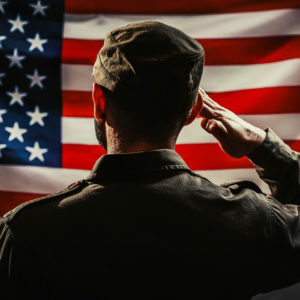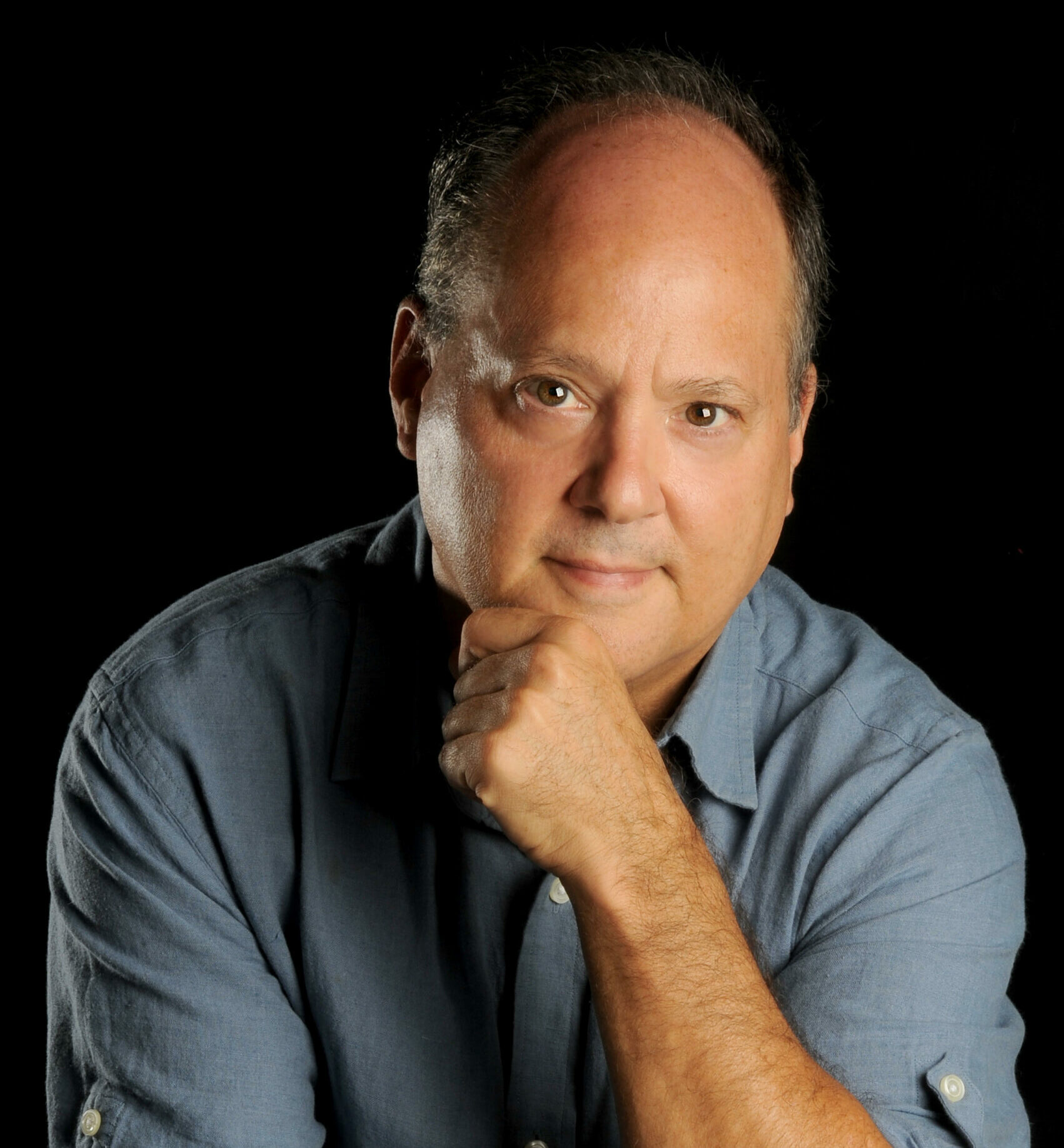Sgt. Scott Borawski has suffered from survivor’s guilt for 17 years — a result of his five-person crew getting blown up in Iraq on October 17, 2006. The guys were clearing roads of improvised explosive devices. But it went deadly wrong.
This is about the anatomy of a soldier — one man’s journey from idealism to grief to renewal.
The Army sergeant was always on patrol. But on this day, he had to ensure the infantry was adequately equipped — similar to his logistics job with the Air Force from 1990 to 1994. A friend took his place that fateful day, never to return.
The Army forbids communication after these disasters so officers can gather the remains of the fallen and provide proper notification to family members. Borawski’s wife, Debbi, and their son and daughter waited three days and nights, expecting to hear the worst. Friends came to comfort Debbi at their Fort Hood, Texas, home, including the wife of the man who replaced Scott.
And when the knock at the door finally came, the uniformed officers explained the horror, causing her friend to break down. But the Borawski family is forever changed.
“I always liked watching old-school movies with John Wayne. But Hollywood makes it out to be something it is not. I felt a calling — to do my duty,” Scott said.
“I had survivor’s guilt something fierce,” Borawski lamented, whose 53rd birthday was in October and who has been with the U.S. Postal Service since 2015 in Columbia, Tenn. “I don’t know why God chose me to be around. I always think of the worst-case scenario, which has hindered me since this happened.”
The mental anguish plagued him. But despite his torment, the sergeant returned to the Afghan battlefield for two tours and two years beginning in 2008. In 2014, the Army medically discharged him.
But Borawski isn’t thinking of himself. He is concerned for his fellow soldiers — those 22 veterans daily who commit suicide because of post-traumatic stress syndrome on American soil, according to Veterans Affairs. While the agency helps vets after they serve, the sergeant said the soldiers are often unaware of the programs.
However, he shoulders some blame, saying the war veteran community is not doing “buddy checks.” “The soldiers have so much emotional pain, and they need to talk to someone,” Borawski said, whether it is their peers or professionals, who must ensure the conversations stay “squarely in that room.”
Despite his daily mental and physical struggles, the sergeant believes profoundly in the cause of freedom, saying he would fight for the Ukrainians if he could. But he quickly adds that war is not illustrious. It’s a living hell.
“If you have seen it, you are humble and don’t talk about it,” Borawski said. “There is nothing glorious about killing the enemy. Soldiers know what they have done and accomplished — and how they have saved lives.
“Then there are those who never go outside the wire and on the front lines,” he said. “We don’t look at them the same way, but without them, we can’t do our jobs. Some of those behind the front lines brag about their medals. They glorify war but have never seen a bullet whiz by. They are taking away something someone else has sacrificed — to protect our country on the battlefield.”
The sergeant is a changed man from 17 years ago. But he has gone through a spiritual awakening — a byproduct of his faith and family. “That keeps me going, he said. “Even when it’s a struggle, it’s still a good day.”
Scott Borawski embodies the American soldier: selfless, brave and patriotic. But he’s also humble, decent and good-hearted, which is why the military chose him to lead and why he selected to serve — the same attributes that give him respect and stature within his community.


